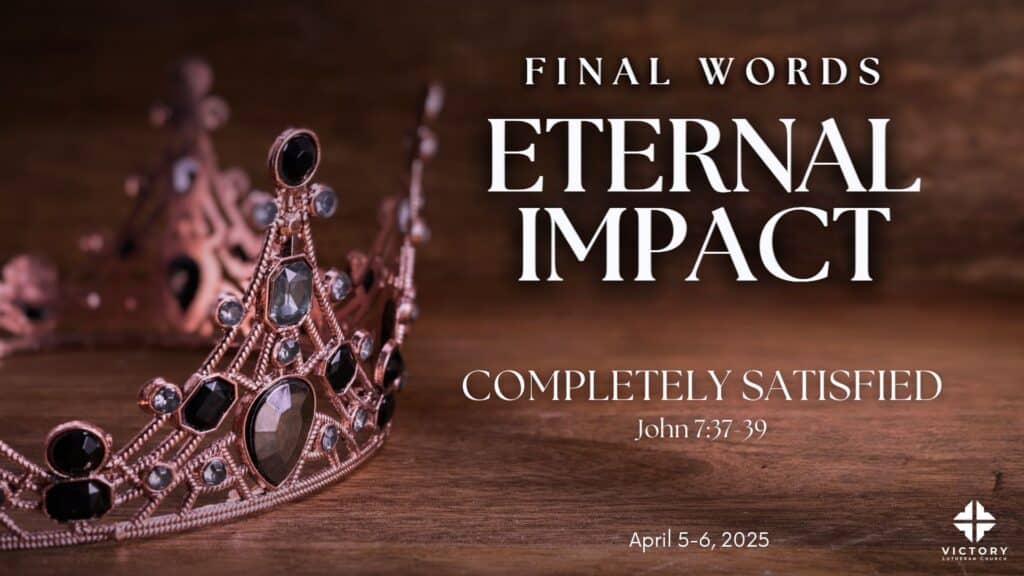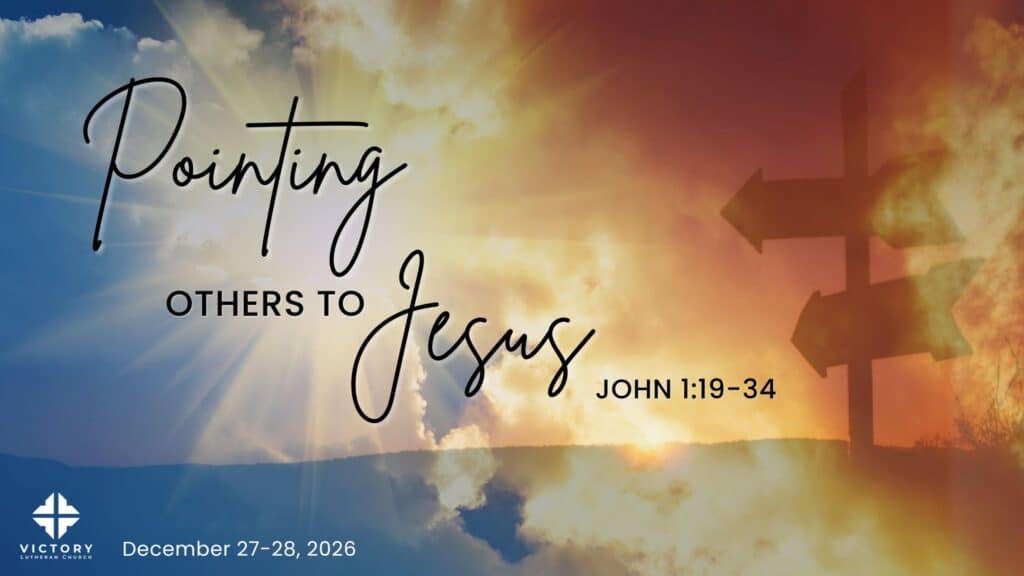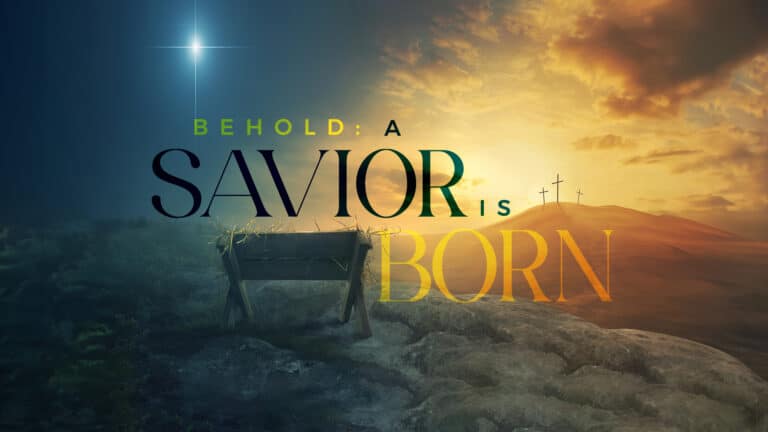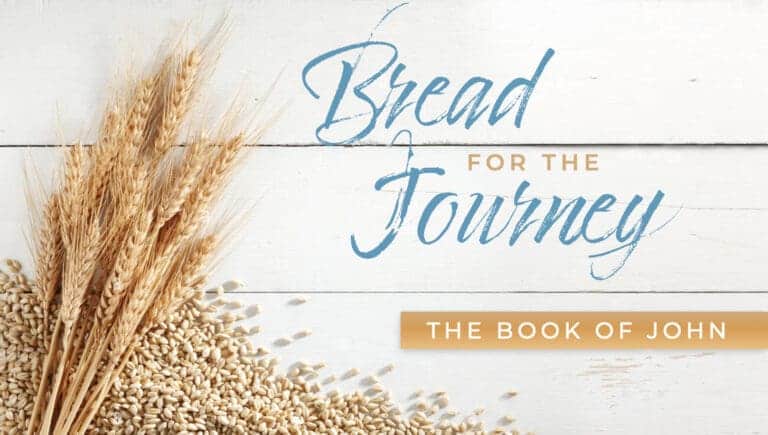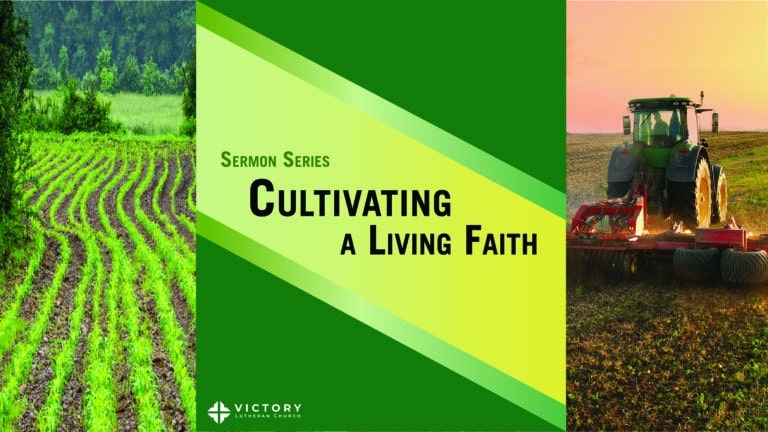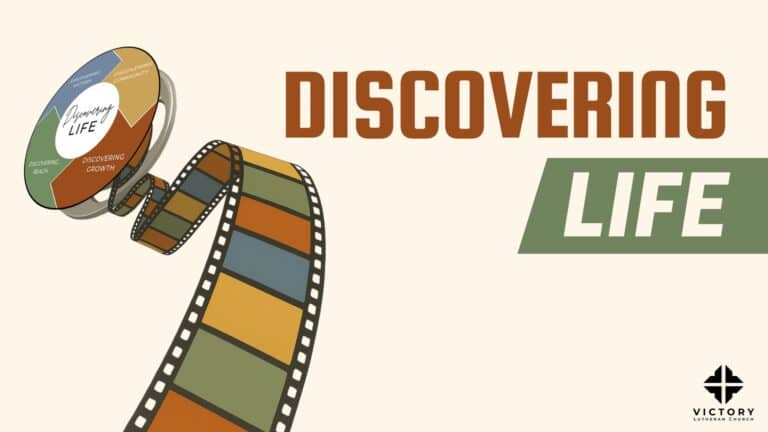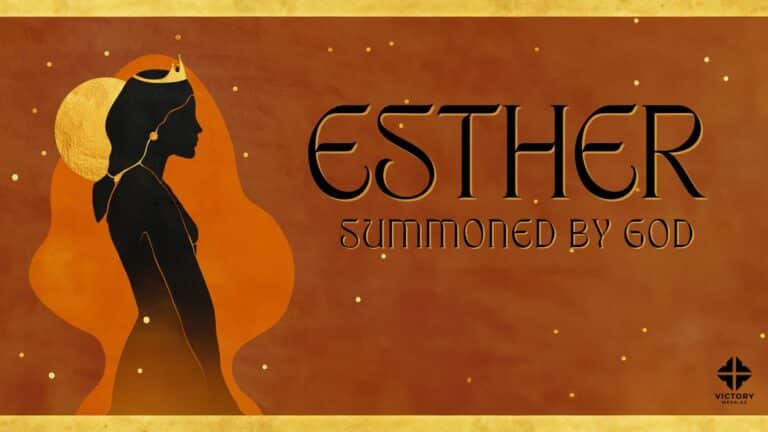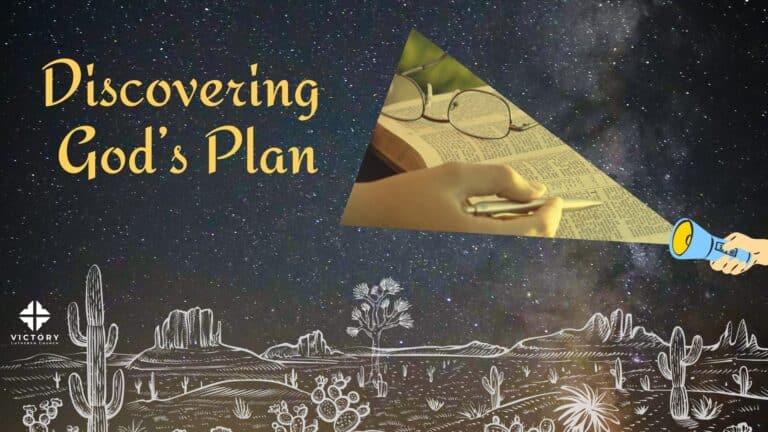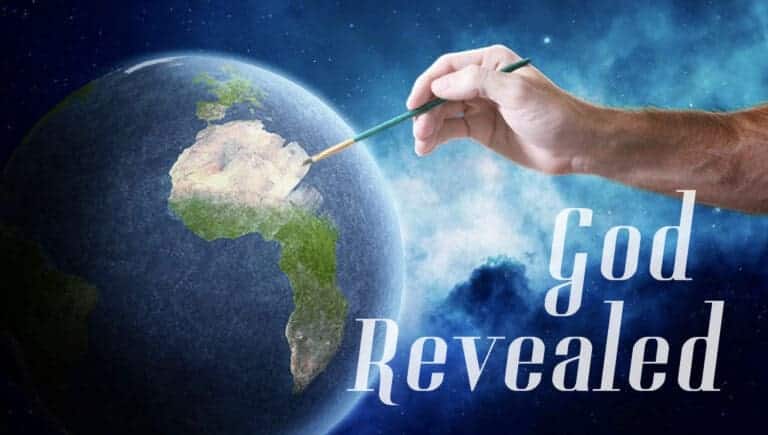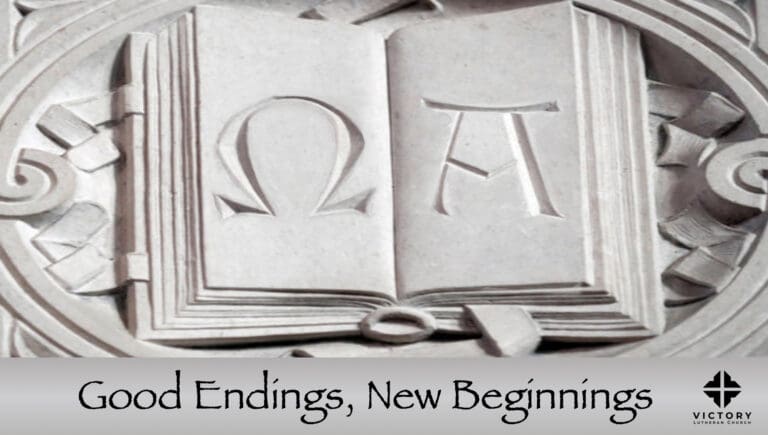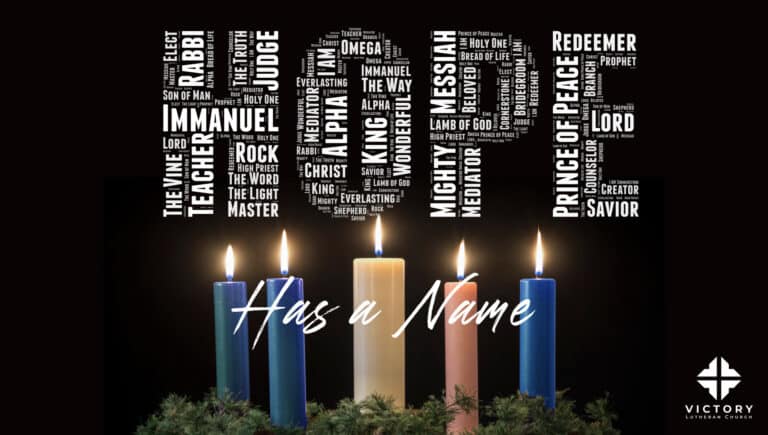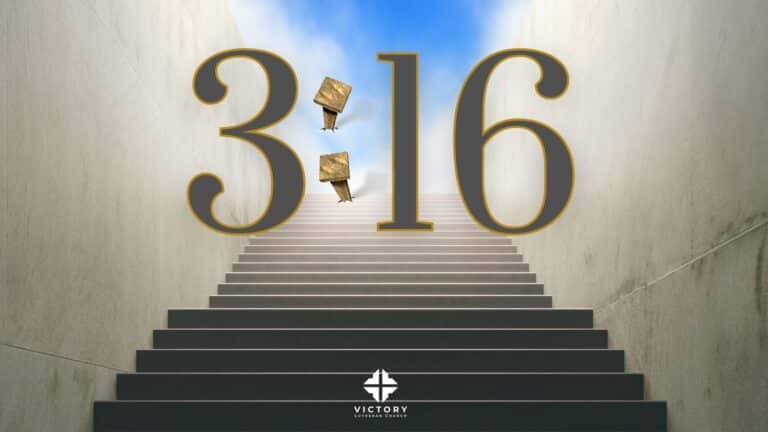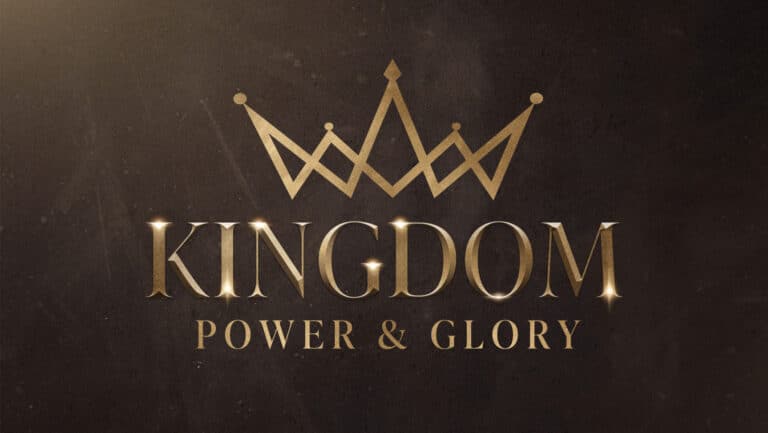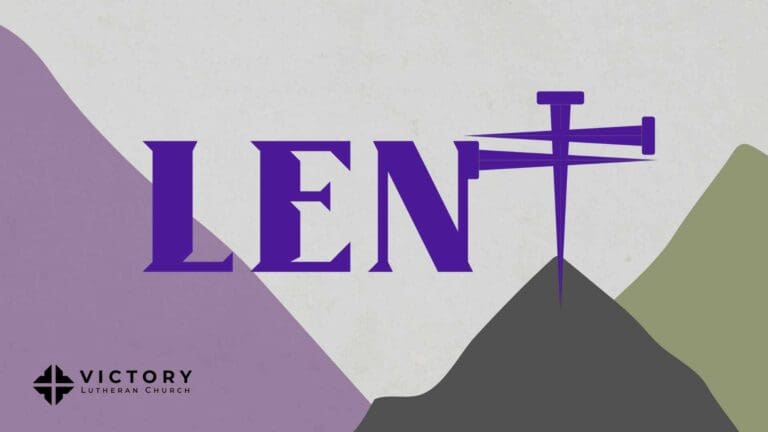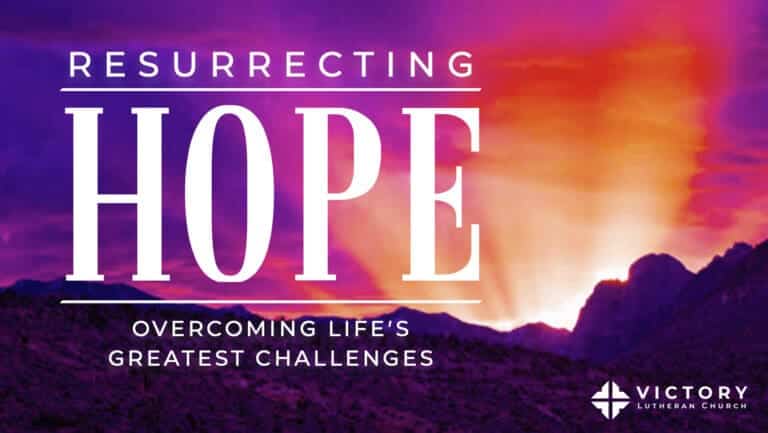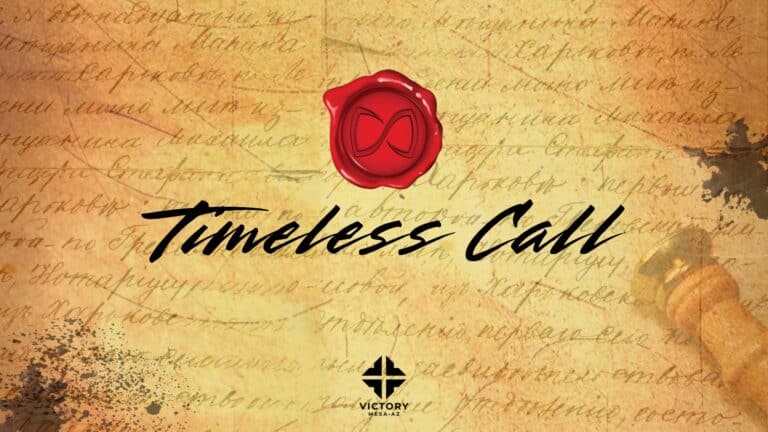Well, speaking of Christian family, I happen to come from a family that holds tightly to family bonds. Um, before I get started here, I have to ask you a question. Who in here has a perfect family? Anybody? Show of hands? Really? Nobody. Okay. Well, I have to admit my family’s not perfect either. But I wanna share with you a couple photos we have of my family. Um, this is a little older because you notice I have more hair in this picture. Um, and then this is another picture of us on a car trip. We, we have this really unique close family bond, and I know not everybody has that, but we’re not a perfect family. We’ve certainly had our difficulties along the way. We, we certainly go our different ways from time to time, but yet we still come back together. And so to understand family bonds as something different than a normal relationship is unique and something that I. I don’t think I really realized or cherished much in my own life until I was older and I had children of my own who are now adults. Now, you’re probably wondering, what in the world does this have to do with the seven words of Jesus from the cross? How does family relate to the messages that Jesus had for us as he hung there in excruciating pain? I mean, weren’t those words meant to point us back to his prophecies to. The price he was paying as our salvation and, and as our Messiah. Well, yes, those words are, and right now we’re in a sermon series called Final Words Eternal Impact because of the value of what these words are in our life. But yet the eternal impact of what he says begins the moment we believe in Jesus. The moment we become part of God’s family through Christ. You know, John one 12 says this, those who believe he gives the power to become children of God. So in faith, we are incorporated into a family much bigger than our blood relations. Well, today we’re gonna take a look at the importance of this message and how it happened from the cross as Jesus experienced unimaginable suffering. Yet he looks down at the base of the cross and he sees his mother. And he sees John the disciple whom he loved standing at the foot of his cross, and yet Jesus still thought of their pain in that moment. I invite you to join me in John chapter 19. We’re gonna begin by reading verse 25. Near the cross of Jesus stood his mother, his mother’s sister, Mary, the wife of Clopas and Mary Magdalene. When Jesus saw his mother there and the disciple whom he loved standing nearby, he said to her Woman, here is your son and to the disciple, here is your mother. From that time on, the disciple took her into his home. This is the word of our Lord. Let us pray. Father, send now the Holy Spirit into our time together. That you might lead us, that you might move me, aside from the message you have for your children, that you would speak directly to us and impart upon this important moment from the cross open our hearts and our minds to hear the truth, to, to let us find comfort in these words of Christ, even today. In Jesus’ name we pray. Amen.
Well, this short passage of scripture reveals Christ’s profound compassion for us, for the people that would follow him, and it sets forth a powerful model for the Christian family, even in his dying. Jesus Christ is teaching us how to live and in a world that is increasingly characterized by, in isolation and individualization, digital rather than personal connections. Jesus points us to a new way of living, a new direction and cast a vision of Christian Fellowship that transcends blood, family ties. But this is Jesus’ darkest hour, right? When you think about it for a moment, here, Jesus is, he’s been deceived by a disciple. He’s been denied by another disciple. He’s been abandoned by many of the rest. He’s been beaten, mocked. Forced to carry a cross until his strength gave out. And now he is nailed to a cross experiencing not only the physical agony of the crucifixion, but the spiritual anguish of bearing the sins of the world, the sins of you and me. Even today, and even in this moment. Now, he’s even experiencing the separation from God the father. And we’re gonna look at more of that next week, so be sure to join us for that as well. But in this moment of suffering, Jesus looks down from the cross and he sees two figures. His mother, Mary, who had birthed him and brought him along from infancy, who had pondered the mystery of what it would mean to have Jesus as her son, who had followed his ministry, step by step, nurturing him even into adulthood. And John, let’s get a kick outta John, the self-proclaimed disciple who God or Jesus loved most, right? That’s how John describes himself. But these were two of the few that remained faithful to the end, and Jesus sees their grief, he recognizes the pain that they are going through, and in an act of extraordinary compassion, true to the very character of Jesus Christ, he brings them together. He says, woman, here is your son. Here is your mother. So with these few words, Jesus accomplishes several things at once. One, he ensures that his mother would be cared for long after he’s gone. In fact, church history tells us that Mary lived with John on property of the John, lived all the way even until John was exiled. Two. He gives John a new purpose in his grief as John is gonna go forward without Christ, without understanding truly what’s just happened in his own life and losing his best friend. Jesus has given John a new direction, a new reason to live. Three, he creates a family bond that’s not based on blood, but on a shared love for Jesus Christ. For those who confess, Christ, Jesus says, your sins are forgiven and you have been made free. Free doesn’t mean individually free, but free from our sins, and yet we are brought into a family in that moment that would transcend traditional family structures. I mean, this is Christ’s compassion on display, not self pity. There’s no anger in his moment at his persecutor. He’s not even focusing on his own suffering, but he’s displaying a genuine concern for those who love him as his body is being broken down. His time running short, Jesus’ compassion was on a new family, on new community creating what would become the church or the Christian family of today. Now for us to understand family and the kingdom of God, I have to take you back and, and walk you through a little bit of what it meant to be family. In Jesus’ day. You see, first century Jewish culture, family was everything. It was your identity. It was your security, your inheritance, your future. To be without family was to be immensely vulnerable.
It was a day-to-day survival without family. And if we remember, Jesus has already been turning the page a little bit on this traditional family structure because back in Matthew 12, when Jesus is teaching in, in a home, somebody comes up to him and he says, Hey, Jesus, your mother and your brothers are outside. And on a side note, let’s not forget that Jesus is on. Brothers didn’t believe in him until long after he was gone. And so as Jesus is teaching and someone comes in and and says, Hey, here’s your mother and your brother’s outside looking to see you. Jesus looks around at those who he was teaching his disciples who would follow him, and he says, no, this is, this is my mother. This is my brother. This is my sister. Those who do the will of God are my brothers and sisters. He even taught that this might mean sometimes leaving family behind. In Luke 14, he reminds us that when we become a disciple of Christ, that might mean that we have to deny some of our family bonds. Those who would not follow after Christ and these statements would’ve been shocking to the listeners of his day just as they are to us today. But Jesus isn’t dismissing the biological family. He’s expanding our understanding of what it means to be family, to be children of God. It’s to be part of a family of God. Notice John one 12 doesn’t say a child of God. It’s this children of God, plural. Our relationships are not based on blood ties, but on a common faith and a shared mission. And true to always, Jesus is always putting his word into action, isn’t he here in this final moments He takes and he actually does what he says he takes Mary and he joins her with John making them primary family. And so this is a, a model that the early church would follow. This would become the DNA of the early church. We find Luke writes about it in the second chapter of Acts. Where he writes, they devoted themselves to the apostles teaching into fellowship, to the breaking of bread into prayer. Everyone was filled with all at the many wonders and signs performed by the apostles. All the believers were together and had everything in common. They sold property and possessions to give to anyone who had need. Every day. They continued to meet together in the temple courts, breaking bread in their homes. They ate together with glad and sincere hearts. This isn’t a loose association of individuals who just happen to share a common belief, right? This is authentic community. This is people sharing life together, supporting one another, loving one another, praying together, meeting one another’s needs. The early Christians understood that when Jesus forgives you your sins, he ushers you into a new family of other people whose sins have been forgiven, and we, we drop these walls and we become a united forest. These house churches, as they were called, were the primary gathering place of the new Christian community as places that people would become known and known, known, and know one another. Where their faith would be nurtured, where questions were asked and answered. Practical needs were met and identified.
Spiritual gifts were discovered and practiced. Leadership was developed, and most importantly, the love of Christ was tangibly demonstrated here. The early Christians understood that Jesus had modeled something very important from the cross. They understood that it meant. Taking responsibility for one another, for caring for one another, for treating one another for family. And guys, this is kind of an important thing in our context today, because the world we live in is not well connected. We actually live in what sociologists call the age of loneliness. Now that doesn’t sound too hopeful, does it? Despite unprecedented. Connectivity across all kinds of technology. People feel increasingly isolated. Think about it. We have several of hundreds of Facebook friends, for instance, but how often do we have those meaningful relationships with people? We live in densely populated areas, but we don’t know our neighbor’s name. I mean, personal confession. Guys, I’ve been here four and a half months. I still don’t know my neighbor’s names. I know their dog. His name is Toby. Consider this for a moment. This is rather sobering. The average American reports having one close friend that they could confide in that’s down from three, just a decade ago, loneliness has been linked to increased risk of heart disease and stroke, depression and anxiety, even premature death. Even young adults today report higher rates of loneliness than any previous generation. People today go days and even weeks without important, meaningful in-person conversations. But this is bigger than a social problem. This is not just something we need to look at from society. This is actually a spiritual crisis because God created us in his image to be in community with one another. Remember, God exists in three parts. The Holy Trinity, as we confessed earlier in the Apostles creed, God the Father, God the Son, God, the Holy Spirit. And if we think back to Genesis, when God created Adam in the garden, he looked and he saw that he was alone and he said, this is not good. It’s actually the first time God said something negative in scripture. He says, this is not good for you to be alone. And he creates Eve. We’re designed to know and be known. We’re designed to love and be loved to serve and to be served. And when we lack that meaningful connection, something essential in us withers, and yet Jesus here is setting forth the new example from the cross.
What this answer could look like, the body of Christ on earth. The power of the gospel of Jesus Christ is to create new life, to restore from brokenness and to love and care for the individual person with true compassion. Just as we see Jesus creating this family from the cross, we too are called to create this kind of family in our own communities. The gospel isn’t just about an individual salvation, it’s about being adopted into a new community of believers. Remember the family of God, unfortunately, and this is an uncomfortable truth that we have to face, and that is that so many of our churches today have become like weekly religious rituals. We come to church and we’re all sitting in pews or chairs and rows facing the same direction. We listen to teaching and we sing songs, and yet we often leave without ever actually having a meaningful conversation with anybody. It’s possible to attend churches for years without being known. My first church that I was really involved with when I first came to Christ was a larger church, and it was wonderful. They had great worship. My wife and I and our three kids at the time were there three months and never made a connection with anybody. Never knew one person’s name There. And I don’t believe that’s victory. I don’t believe that’s who we are. In fact, I know that’s not who we are because every week I get reminded how loving and caring our congregation is. It’s not just a vision statement, it’s who we are. But I also know that when I look at Christ and I see his actions from the cross, I know that we need to be intentional and vigilant about our own selves and ensure that we are doing these things in our own lives that we are calling. One another family, not just in Word, but in action. Are we a body of believers that act and function as a family? This is where small groups and churches become essential because they provide the kind of context that is needed for intimate relationship, the kind that Jesus modeled in the early church, practiced small groups carry Christ’s vision forward, and I wanna share this with you in.
In the New Testament, there are these one another commands. I, I’ve got eight of them here I want to share with you real quick. But in the New Testament, we find where we’re told that we should love one another. In John 1334, in Galatians six, two we’re told to bear one another’s burdens. In one Thessalonians five 11 we’re told to encourage one another and James five 16 we’re told. That we should pray for one another verse Peter four 10, we’re told to serve one another in Romans 15, seven. Accept one another also from Romans 15, verse 14, instruct one another and in Ephesians 5 21, we’re taught to submit to one another. These commands aren’t lived out on Sunday morning guys. They require close relationships, regular interaction in a, in a shared life. They require us to know one another, to understand our struggles, our joys, our gifts, our needs, our desires, our wants. They require general, genuine community. Saturday mornings, I’ve had the opportunity to, to join with, um, the Saturday morning men’s group, and there’s about 20 men in this group. And. Um, it’s been a wonderful time together, but I was really reminded of how much this group meant to one another. This past Saturday is, unfortunately, a couple of our members are leaving to go back to, I call their summer homes. Yeah, this is home. But anyways, and as they’re leaving, they’re talking genuinely and honestly and openly about how much it’s meant for them to be here to share life together. I. To know that for an hour a week, they could spend time together with another group of Christians talking about God’s word, studying it, but sharing life together and how it applies and how it means so much to them in their life. And even as they’re going back to their homes, they’re telling us how much they’re gonna miss their time together. This is exactly what Jesus is establishing here. When he looks out from the cross and he says, this is your mother. This is your son. Just as I look at you right now and I say, you’re my mother. You’re my brother, you’re my sister. We’re the one anothers to each other. And this only happens when we break down the barriers and the walls that separate us, and we do more than just to participate in worship on Sunday, but do life together. You see, Jesus was doing more than making practical arrangements for his mother’s care. He was demonstrating the kind of community that his followers would be known for. Remember earlier he said, the world will know you’re my followers, my disciples, by the love you have for one another. And in a world that CRAs authentic connection, the church has to be the answer for that because that’s what Jesus tells us.
That’s what he shows us. The gospel of Jesus Christ creates family. It creates community and it causes us to move beyond that comfortable independence into the beautiful mess that is Christian community. I say beautiful mess because guys, we all know that in in family things aren’t perfect. We’re reminded of a church planter friend of mine who always used to make this illustration with a pumpkin. He said he loved carvin jack lanterns with his children. Right. But he said it required for him to cut the top off, reach inside into that gooey mess and clean all that stuff out. Right? Well, the church is all out like that inside. There’s a lot of gooey mess for some of us more goo than others, right? It’s not always perfect, but it is the body of Christ. It is the Christian family that God was establishing through Christ on that cross. So as we hear these words, that you are forgiven in Christ, that you are a child of God. Remember, that’s not an individual calling, but it requires us to respond to these words, to live out authentic fellowship because Jesus, in his dying moments, thought not of himself, but of the community that he was creating for those whom he loved. May we go and do likewise. Amen. Let us pray. Holy Father, we thank you for the love that you show us on the cross. Jesus in His glory was beaten, scoured, scoured, mocked, nailed to the cross, and yet in a true illustration, illustration of what you think about us and how you feel about us, Jesus looked down from the cross and said. Amen. I love you guys. Care for one another. Father, as we go about our lives, help us to remind to be reminded of the value and the importance that we should have in love for one another. In Jesus’ name, amen.


